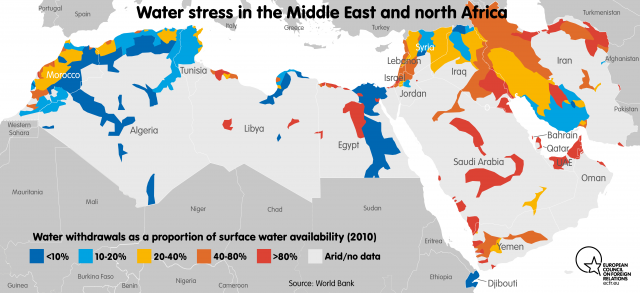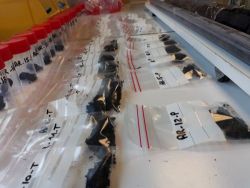Project « SALTY » : Water Resource SustAinabiLiTY in Ancient Iran
« La Caixa » foundation Retaining Junior Leader - LCF/BQ/PR19/11700001

Award’s ceremony of the « Postdoctoral Junior Leader » fellows « La Caixa » 2019 - in presence of the Spanish Minister of Science, Innovation and Universities, Mr. Pedro Duque
« SALTY : Water Resource SustAinabiLiTY in Ancient Iran » aims to investigate how the succeeding civilizations faced with water shortages in Iran
In ancient Iran, the Achaemenids (550-330 BCE) were master of hydraulic works to cope with arid conditions. Constructing and repairing qanats, km-long underground tunnels bringing groundwater to surface for irrigation, subjected to government tax. Such innovative water management systems have favored the great economic developments of Persepolis, one of the main capital of the Achaemenid Kings, and the appearance of the sophisticated Persian Gardens (UNESCO World Heritage Site).
More recently, between 850 and 1290 CE, historical written sources have revealed that this region has been impacted by several cycles of droughts and famines. It echoes conditions that the region is facing for the last 30 years. The drying out of several lakes, the desertification and agricultural losses suggest that a breaking point has been crossed in the tension on water resource that affects the society today.

To achieve this goal, we combine the study of three different sources of information : geological, archaeological and historical archives.
– Using the geological archive, we reconstruct the hydrological changes of this region for the last 5 millennia, together with farming practices.
– Comparisons with archaeological and documentary evidence allow exploring the coincidence of lake water shortages with the evolution of water control technics of the ancient civilizations, especially the Achaemenids, and with periods of famines.
– Altogether, this project will enhance Traditional Ecological Knowledge, that is essential to raise awareness of young generations and stakeholders of the urgency of sustainable water management.







